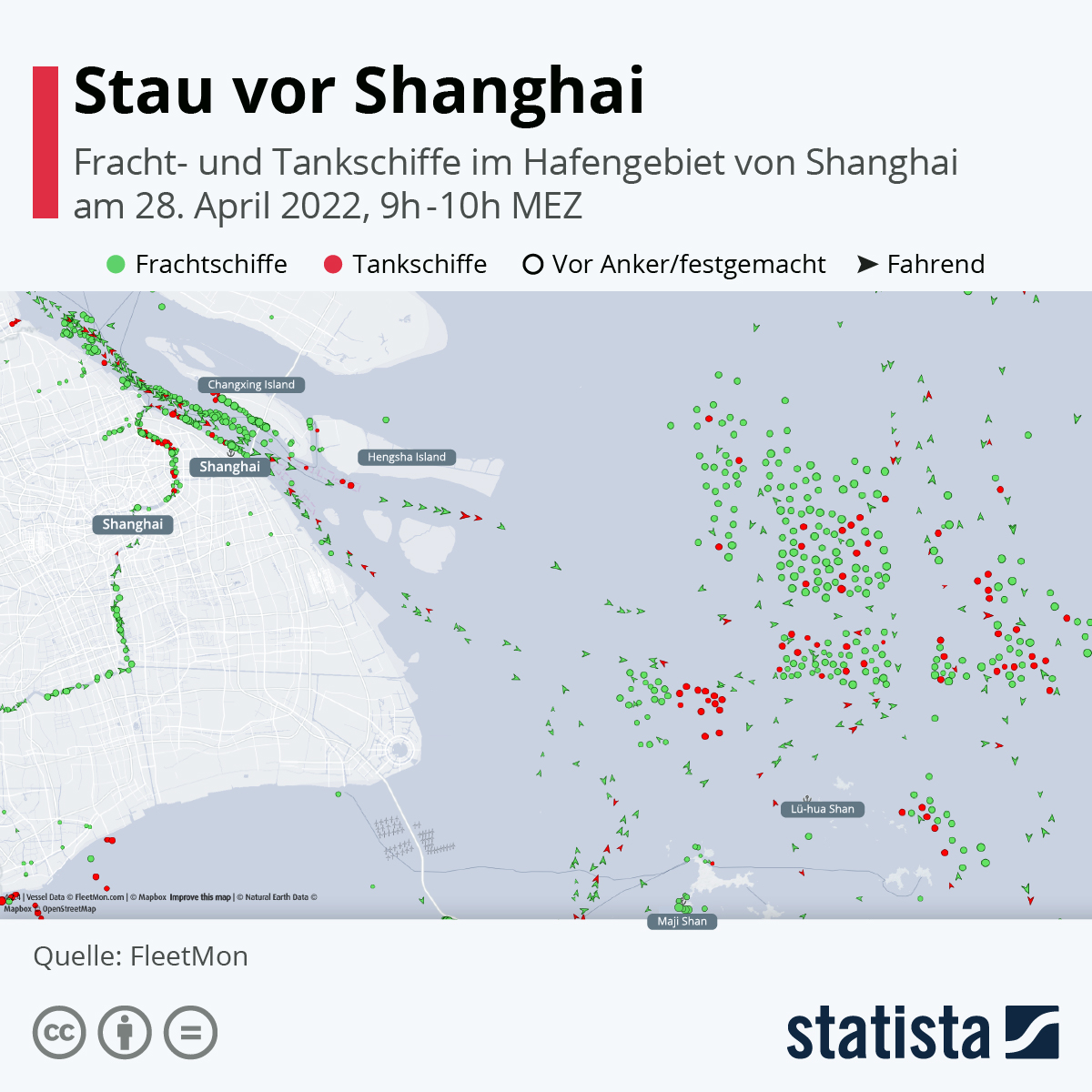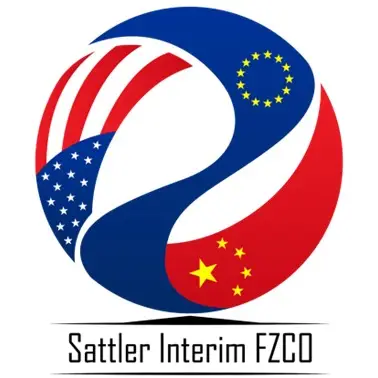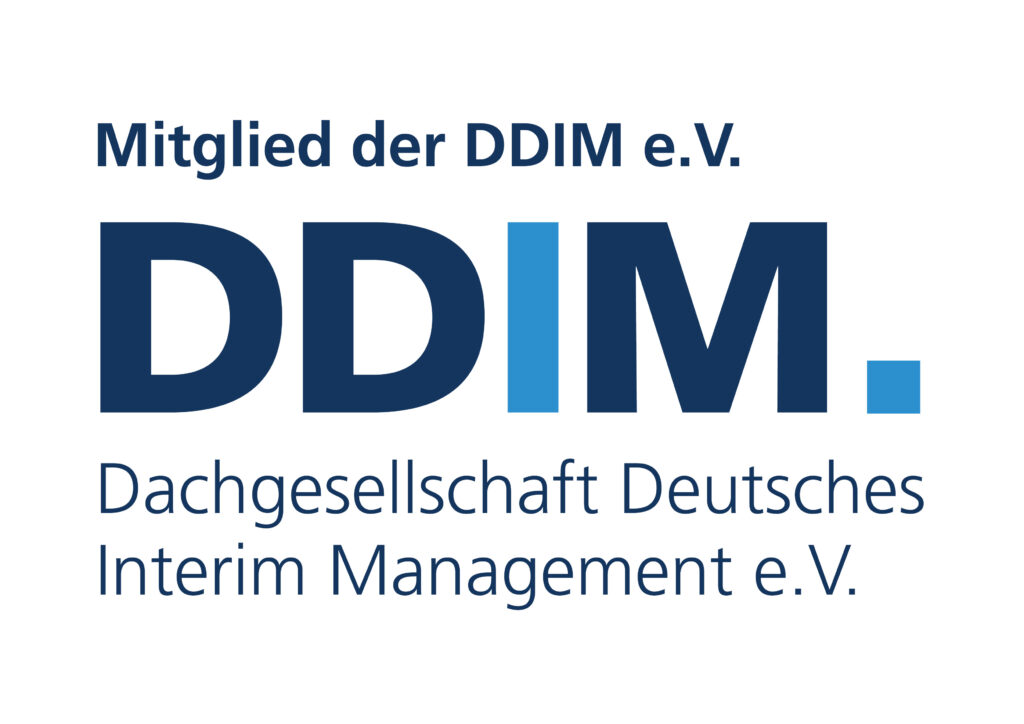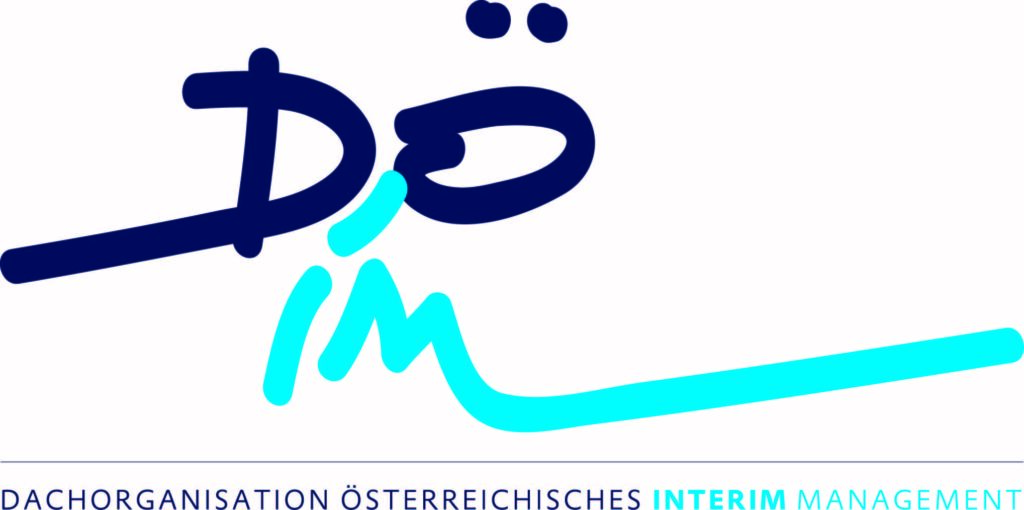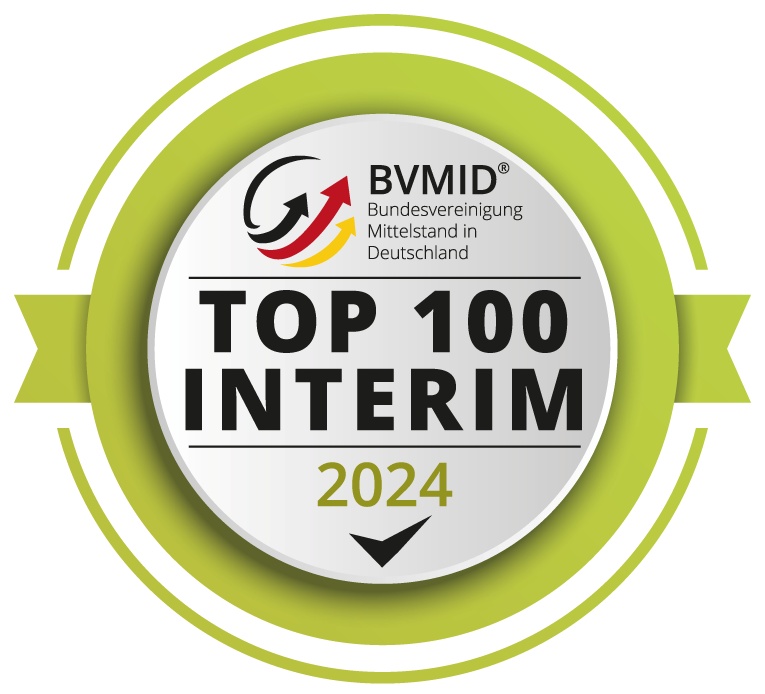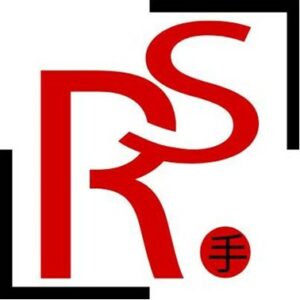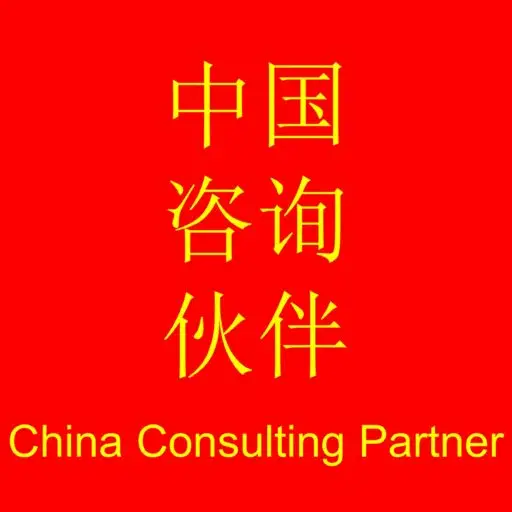
Interim CIO: Dr. Claus Michael Sattler
Why switch from just-in-time to just-in-case with digital transformation?
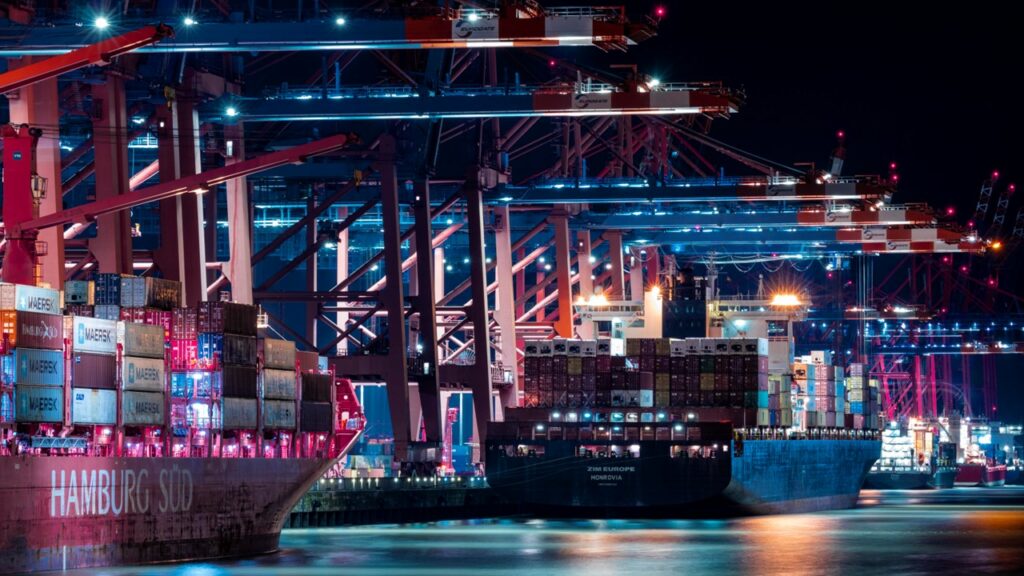
Just-in-time is being replaced by just-in-case, as numerous newspapers and magazines have reported in recent days.
Over the past two years, various events have led European companies, and German companies in particular, to slowly start rethinking their purchasing strategies. Exogenous and endogenous factors are threatening supply chains and thus indirectly Europe as a production location in general and Germany as a production location in particular. Examples include
- Incalculable pandemics and courses of infection, such as the coronavirus and the emerging monkeypox infections
- Massive domestic political changes in some European countries with new goals and new doctrines
- Wars of aggression
- A new political polarization between the USA and Russia and the USA and China
- Accidents on established trade routes, such as the Suez Canal blockade
- “Privatization” of new trade routes, such as the New Silk Road
- Unnoticed political changes in Africa and South America
- Unnoticed political changes in China, the so-called workbench of the world
- Lack of expertise on China’s political, geopolitical and economic realignment in governments and companies
What if supply chains continue to collapse?
“Cheap is cool!” and “Cheap, cheap, cheap” are still doctrines in many sectors of the economy, but above all in public administration and especially in the minds of many private consumers, who often take their attitudes with them into their professional reality.
This attitude of people and governments who had no vein for China’s development and still do not, as well as many other small factors, have led to European companies investing in China’s economic future and relocating production from Europe to China. Not only was an expensive workforce cut in Europe, but above all there was an exodus of specialist knowledge and patents.
Supply chains partially collapse
Because, despite all the warnings from experts, a particularly large amount of production was relocated from Europe to China, secure supply chains had to be established to guarantee cost-effective just-in-time production in Europe for the actual end products.
However, the nine factors mentioned above jeopardize these supply chains and in many cases even interrupt them or cause them to collapse completely, as can currently be seen in Shanghai.
“Industry President Siegfried Russwurm told the German Press Agency in Berlin: ‘German industry fears that production processes will be disrupted in the coming weeks. Sectors that rely on deliveries of raw materials or components and the shipment of their finished products by sea will be particularly affected'” reported the internet portal Statista on April 28, 2022, referring to the ships that are currently moored off Shanghai and are not being processed.
Just-in-case - immediate measures at the scene of the accident
In the opinion of my wife, Renate Sattler, former Chairwoman of the Chamber of Foreign Trade for South and Southwest China in Guangzhou, China, and many experts, the European economy must switch from just-in-time processes to just-in-case processes. Just-in-time can be a part of just-in-case.
According to the website Theidioms.com, just-in-case means “doing something as a precaution” or “getting involved with something that is intended as an alternative in case the original doesn’t work”.
In this specific case, this means that countermeasures must be taken in the event of a supply chain disruption. This could be the following:
- Stockpiling of raw materials and semi-finished products – A few years ago, VW was short of glove compartment lids for the Passat because a factory for glove lids had burnt down.
- Establishing parallel production for products from China in Europe and then reducing the European economy’s dependence on China.
- Acceptance of higher production costs and therefore price increases for end products. – The production of FFP2 masks was ramped up in Europe and then bought back in China for cost reasons.
If European companies switch their production from just-in-time to just-in-case, this means new risks, new strategies, new productions, new raw material procurement and much more, even if China already controls large parts of the raw materials market in Africa and South America.
Digital transformation mechanisms and solutions can help to minimize the risks of this changeover.
How can digital transformation help?
If we take data from the previous productions of a company, the most ingenious thing would be data from all companies in an industry from their previous productions, then detailed forecasts to reduce risk and increase availability would be possible using the mechanisms of statistics and stochastics (probability calculation) as well as big data methods.
A shutdown, as predicted by industry president Siegfried Russwurm, could be virtually ruled out and the European economy would be much more robust against disruptions of any kind.
Author
Claus Michael Sattler is a consultant and interim manager, book author and keynote speaker as well as university lecturer for “Digitalization, Digital Transformation, Industry 4.0, Reference Architecture Model Industry 4.0 (RAMI 4.0), Industrial Internet of Things (IIoT) and Made in China 2025”. He has lectured and taught at the International Graduate Center (IGC) of Bremen City University of Applied Science (HSB), at the International Institute for Management Development (IMD), Lausanne, Switzerland, at WHU – Otto Beisheim School of Management in Vallendar near Koblenz, Germany, among others.
